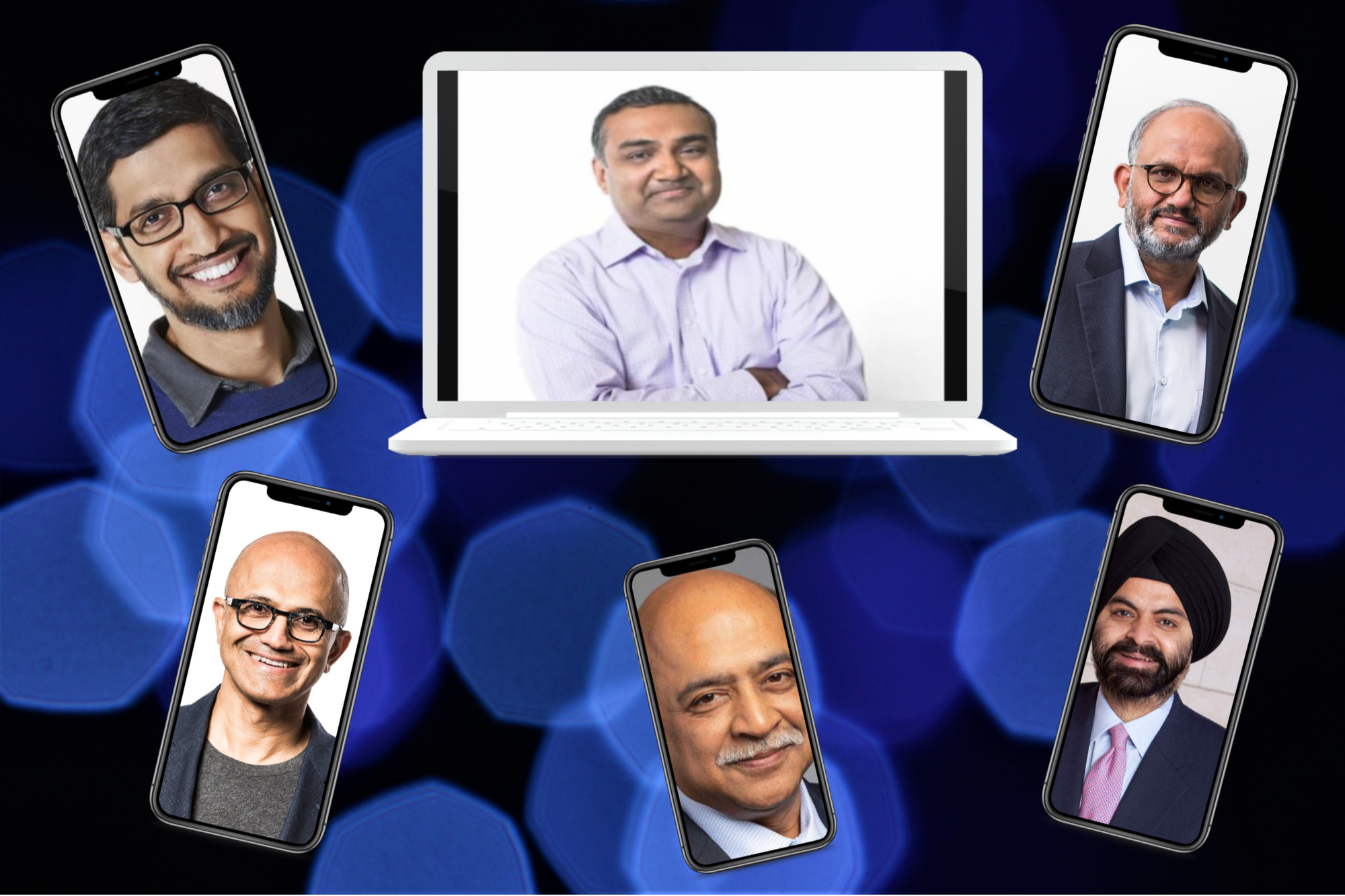Top Three Traits Shared by Indian-Origin Global Tech CEOs Leading businesses is not all that is common among the likes of YouTube CEO Neal Mohan, Google chief Sundar Pichai, Microsoft head Satya Nadella and more; their professional journeys mirror each other in other ways too
Opinions expressed by Entrepreneur contributors are their own.
You're reading Entrepreneur India, an international franchise of Entrepreneur Media.

In the wake of Neal Mohan's recent appointment as the chief executive officer of the world's largest video sharing app, YouTube, discussions around the ever-expanding global fraternity of Indian-origin tech CEOs have resumed once again.
Oft-remembered names in such discussions include Arvind Krishna (who became IBM's chief in 2020), Sundar Pichai (took over Google in 2015), Satya Nadella (named Microsoft's CEO in 2014), Ajaypal Singh Banga (began heading Mastercard in 2010), Shantanu Narayen (appointed Adobe's CEO in 2007) and more. But leading tech businesses is not all that is common among these top execs; their professional journeys mirror each other in other ways too, illuminating the key ingredients in their individual recipes for success.
'Engineering' a Rise to the Top: The most striking commonality among these head honchos is a sound technical education comprising engineering degrees from top institutes and universities (Mohan, Krishna and Pichai graduated from the IITs, while Nadella attended the Manipal Institute of Technology and Narayen studied at the University College of Engineering, Osmania University), with an MBA from the Stanfords and the Whartons of the world being the cherry on the perfect academic cake. Sure, there are exceptions to the rule: Banga studied BA Economics at Delhi University's St. Stephen's College.
No Short Cuts to Success: Much like a footman rose to the rank of butler at the end of decades-long training in Victorian country houses, many renowned tech CEOs entered the game years ago as apprentices in a trade. With Mohan beginning his career at Accenture (then Andersen Consulting) as a technology consultant in 1996, Pichai joining Applied Materials as a program manager in 1997, and Nadella working at a Silicon Valley startup, Sun Microsystems, in the early 1990s, it took several years (in some cases, decades) to climb up the ladder. Further, Pichai and Narayen spent nearly 10 years at Google and Adobe respectively, Nadella 22 years at Microsoft, Mohan 26 years at Google and Krishna 30 years at IBM before these men earned the top job. Interestingly, among the recruitment offers that one usually received along the way from rival companies, Mohan even declined a stock grant worth $100 million from Twitter in 2011, revealing that lucrative opportunities must sometimes be sidestepped if they do not align with one's vision for the long haul.
Leading Milestone Projects: The career graphs of tech leaders have been defined by key projects that increasingly prepared them for their present roles: For instance, Mohan has overseen the launch of subscription service YouTube Red (later rebranded as YouTube Premium), music streaming service YouTube Music, kids-oriented app YouTube Kids, live television streaming service YouTube TV and short-form video service YouTube Shorts; Pichai has led the management of a suite of Google products such as Google Chrome, ChromeOS, Android and Google Drive; Banga has steered the launch of PepsiCo's international fast food franchises in India, which occurred when the economy liberalized.









